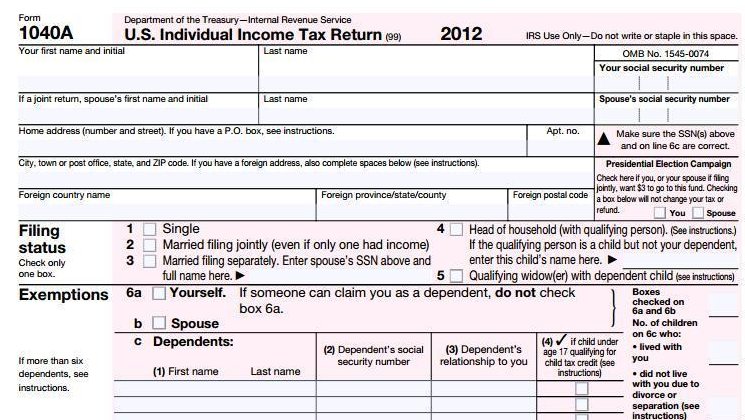{WOMENSENEWS}-- Some women's advocates welcome the expiration of the two-year payroll tax holiday Dec. 31 because they say it ends a risky phase of financing for a public retirement system that women can't afford to lose.
However, more battles are yet to come. The House Republicans have sworn to find cuts in social programs, including Social Security, when Congress meets during January and February.















